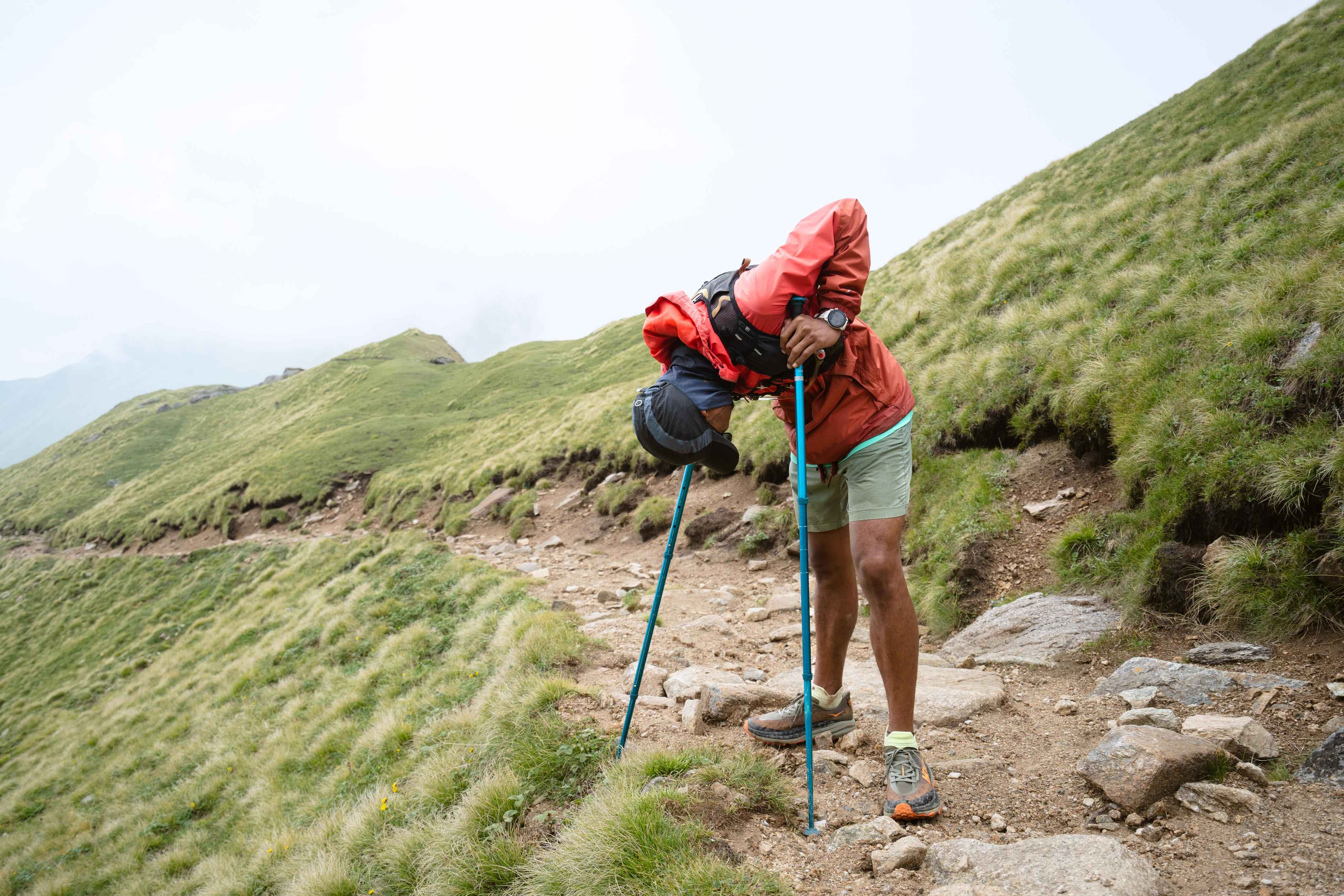Does Running Prepare You for a Trek? Here’s the Honest Answer
It’s a question we hear often from those starting their prep for the mountains:
“If I run regularly, will that make me fit enough to hike?”
The short answer?
Yes, but it’s not the whole picture.
Running can be a helpful part of your trek preparation. However, it comes with caveats that are worth understanding, especially if you haven’t been running in a while or are considering starting just because you’ve signed up for a trek.
Let’s break it down.
What Running Is Good For
Running is excellent for building your aerobic fitness, which is the most critical foundation for trekking. This includes:
- Improved cardiovascular capacity
- Better breathing efficiency
- Increased endurance
In other words: if you’re able to go on long, slow runs (think 30–60 minutes at a steady pace), you’re training the same energy systems that help you on long climbs and high-altitude trails.
But Here’s What Running Doesn’t Do
Running doesn’t mimic hiking.
If you’re training on roads or even flat parks, your body isn’t being prepared for:
- Uneven terrain
- Steep inclines
- Rocky descents
- Load-bearing movement (trekking with a backpack)
We’ve met experienced city runners who were surprised by how challenging a Himalayan trail felt, despite their high fitness levels. That’s because hiking demands balance, joint stability, and footwork that road running doesn’t train.
Also worth noting: running won’t fix aches and pains. If you have joint issues, stiffness, or old injuries, running may aggravate them unless you're also doing mobility and strength exercises.
So Should You Run to Train for a Trek?
Here’s our rule of thumb:
If you already enjoy running, then YES!, absolutely, include it in your training. Start with:
- Zone 2 runs: 20–40 minutes at a conversational pace (increase by 10% week on week)
- Progressive intervals: 20-25 minute runs with short speed bursts
- Hill repeats or stairs to simulate elevation gain
Just make sure to combine it with Strength training, Hiking-specific movements (such as stairs, hill climbs, and long walks), and solid Recovery days.
If you’re not already a runner, don’t make running your default first step. It’s tempting, running feels like the obvious way to “get fit.” But if you haven’t run in years, jumping straight into it can lead to burnout or injury.
Try some of these alternatives:
- Long walks with a backpack
- Stair workouts
- Low-impact cardio like cycling
Don't forget to add strength, mobility, and core workouts to your routine.
In Conclusion
Running can absolutely support your trek training. But it won’t replace actual time on your feet, on uneven ground, carrying weight.
If you love to run, run.
If you don’t, don’t start just because you think you “should.”
Focus instead on consistent movement, progressive training, and building your body to move well on the kind of terrain you’ll actually face.
Need help building a plan that fits you? Talk to us. That’s what we’re here for.
 Vivek Saini
Vivek Saini
